Detroit: Become Human's focus on discovering human emotions made me feel some strong ones of my own
The PlayStation press conference at Paris Games Week certainly raised a few eyebrows. It debuted new trailers for two games that caught backlash for their supposed ‘glorification’ and ‘gamefication’ of violence: The Last of Us Part 2 for its arm-breaking scene and Detroit: Become Human for its depiction of domestic violence and infanticide. Extreme violence, yes? Important topics to touch on in games? Arm breaking less so, but domestic violence, absolutely.
And that’s because Detroit: Become Human is all about dealing with the extremities of human nature. The game sees you play as a trio of androids: Kara, a domestic model programmed to look after homes and children; Connor, a detective; and Marcus, who just happens to be trying to lead an android revolution. But for me, it’s Connor and Kara that are the most interesting from the sections of the game I’ve played so far.
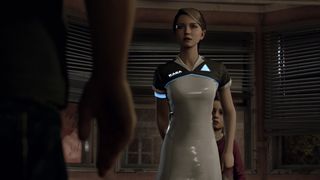
It’s Kara that’s the one facing the abusive father in the Paris Games Week trailer. This specific scene happens a way into the game, when you’ve already gotten to know Todd, the father, and Alice, as well as their home. You’ll know the little details if you’ve bothered to poke around enough. And if you have, you’ll know there’s a gun in Todd’s bedside cabinet, or that there’s a window that leads onto the low roof outside for an easy escape.
But before you can get there, you’ll have to learn that it’s possible for an android to become a ‘deviant’ aka breaking the rules. The scene starts with Kara serving the family dinner, turning on the lights, pouring the water. Simple stuff. It’s not long, though, before Todd is ranting about his estranged wife, about his hatred of androids, about losing his job, about his ‘shitty’ life. Alice tries to run to her room, but he catches her. Hits her right across the face and I physically wince watching it. No-one wants to watch even a CGI child get hurt. But it brews this rage in me that fuels Kara’s next steps. Alice retreats to her room, while Todd paces in the living room and commands Kara not to move.

And it’s here that you can choose to break what Quantic Dream is calling an android’s mind cage. Actively disobeying a command from your owner constitutes such a break and also means, if you want her to, Kara is going to become a deviant. A few long presses of the shoulder buttons later and Kara is free from her cage. The spiderwebbing decisions don’t even stop there. A choice whether to protect Alice or attempt to reason with Todd pop up on the screen and my sudden surge in maternal instinct goes into overdrive. Kara’s running up the stairs to the sobbing girl, sneaking her down the corridor behind closed doors and eventually down the stairs, out the front door and onto a passing bus to freedom.
In another playthrough I attempt the reasoning route. It doesn’t go well and I end up chasing Todd up the stairs, just in time to stop him going for Alice with his belt - and anyone who’s watched that trailer knows how that ends up if you don’t make it in time.

But the fact it’s actually all done with minimal input on your part means that it’s not gamified to a ridiculous degree. In fact, I felt driven by pure emotion to save that little girl because the whole thing felt like an ordeal. Goodness knows what I would do if I was ever in such a position in reality. The fact it was so horrifying is what made it so powerful, and the characters so realistic.
Sign up to the 12DOVE Newsletter
Weekly digests, tales from the communities you love, and more
And the same can be said for the section I played as Connor. He’s been sent to a penthouse flat to negotiate with a hostage taker, who’s holding a young girl - a different little girl thankfully - at gunpoint on the edge of the rooftop. Your initial objective is clear: save the girl. But, there’s a constant reminder of your potential success rate that pops up on the screen every time you learn something new about the case as a whole.

Investigate the dead body to discover the real reason why the android, Daniel, has flipped out, or go into the little girl’s room to find out she has quite the bond with Daniel, or used to anyway. The more you learn, the more communication ammunition you’ll have - or real ammo if you find and pick up the gun. I played out the actual negotiation tactics in a few ways, one of which ended up with Connor pushing himself and Daniel off the roof, saving the girl, while another saw Connor sacrificing himself with a bullet to the temple. But the most powerful saw him convincing Daniel to trust him and free the girl, only for Connor to have to watch him get shot to death. There’s a clear human realisation of ‘oh God, what just happened’ in that second, as the two androids stare at each other in Daniel’s final, sputtering, moments.
But there are plenty of signs that he’s not human too. For example, you can spend a while playing with a fish that’s flopped out of a smashed tank before you even get into the apartment when playing as Connor. While the mother is screaming and the police are barking instructions, you’re just standing there not even aware of how inappropriately timed your new fish obsession is. Plus, there’s a mechanical quality to the way Connor speaks that makes him almost eerie.

I don’t know how all the three pieces of the puzzle fit together yet and that intrigues me. Watching Connor and Kara learn what it is to feel - Kara for Alice and Connor for the android he watched die - makes Detroit: Become Human an intriguing proposition. What’s even more interesting is that both of those playable characters could have died in those scenes. How that affects the ongoing story is unknown at this point, but I have to say that I’m keen to find out - even if I do have to go through all those emotions again.

Sam Loveridge is the Brand Director and former Global Editor-in-Chief of GamesRadar. She joined the team in August 2017. Sam came to GamesRadar after working at TrustedReviews, Digital Spy, and Fandom, following the completion of an MA in Journalism. In her time, she's also had appearances on The Guardian, BBC, and more. Her experience has seen her cover console and PC games, along with gaming hardware, for a decade, and for GamesRadar, she's in charge of the site's overall direction, managing the team, and making sure it's the best it can be. Her gaming passions lie with weird simulation games, big open-world RPGs, and beautifully crafted indies. She plays across all platforms, and specializes in titles like Pokemon, Assassin's Creed, The Sims, and more. Basically, she loves all games that aren't sports or fighting titles! In her spare time, Sam likes to live like Stardew Valley by cooking and baking, growing vegetables, and enjoying life in the countryside.
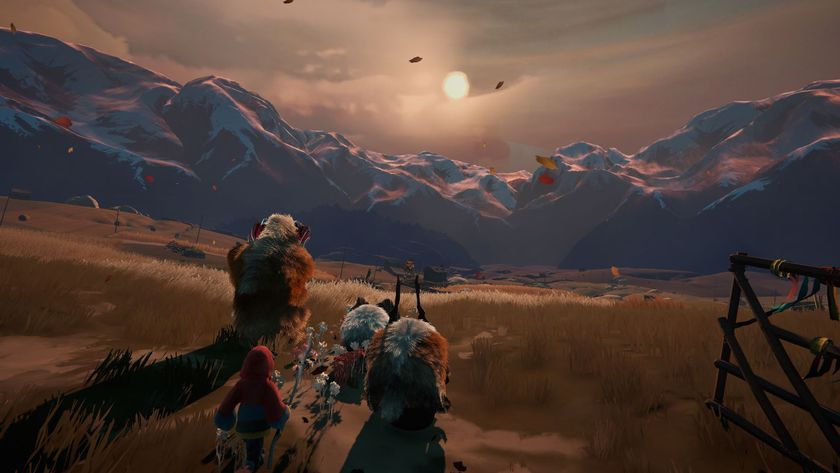
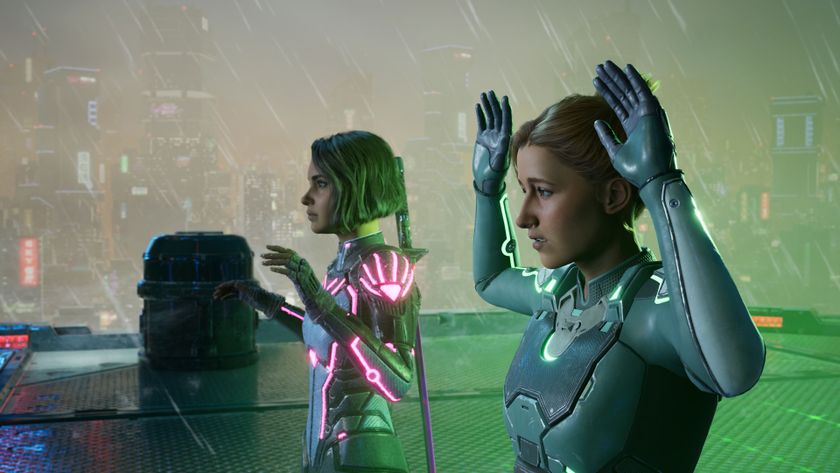
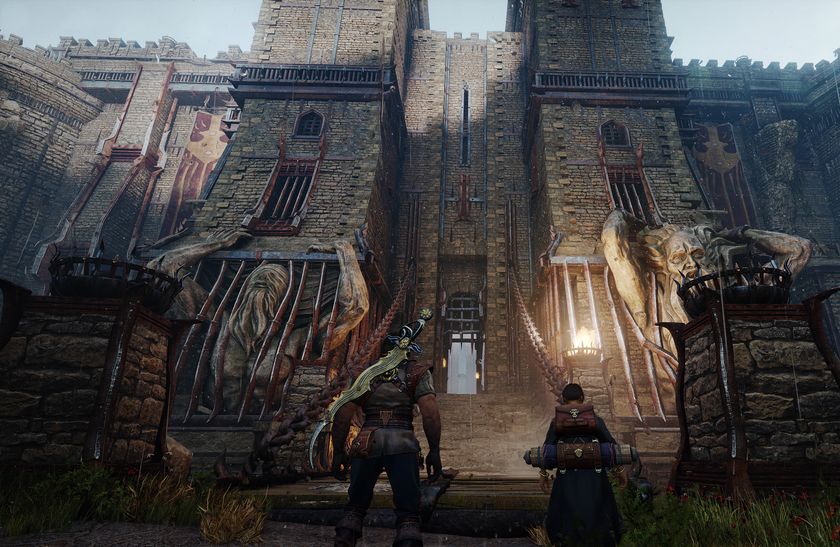
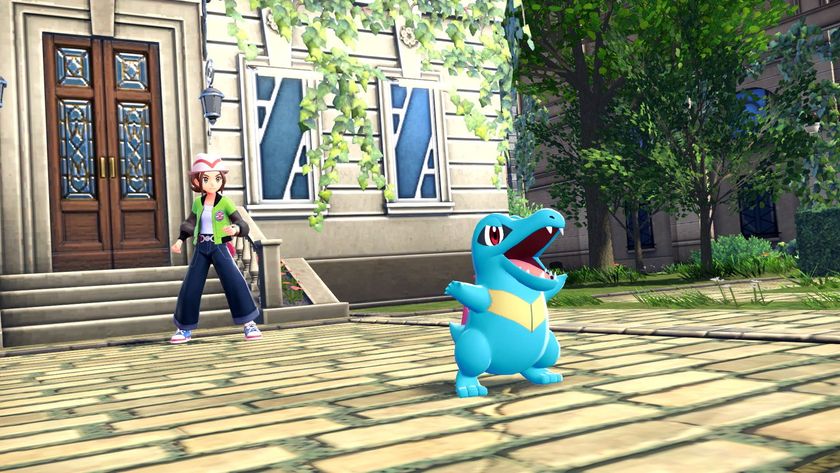



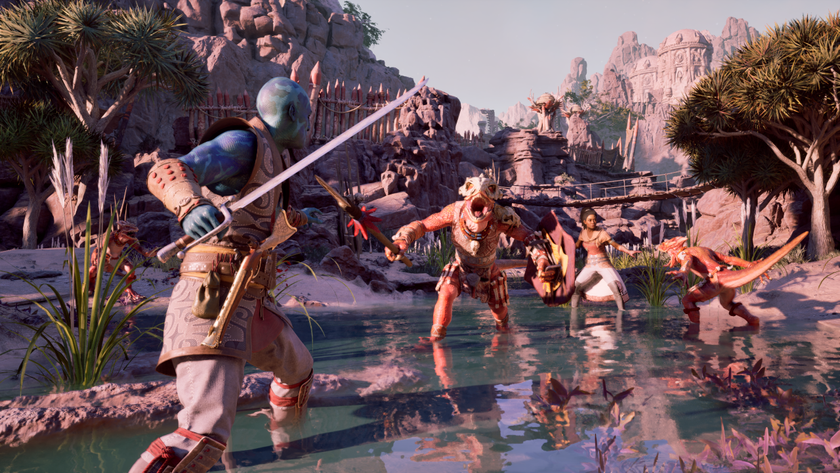

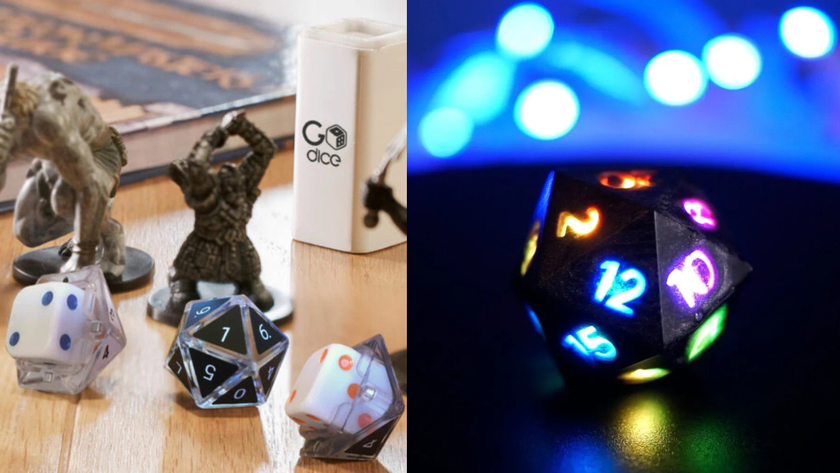
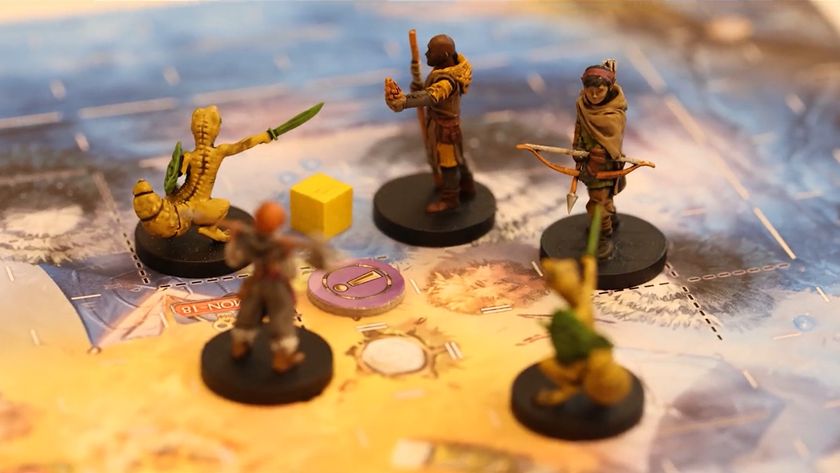


With 18,000 glowing Steam reviews on their lovely debut game, this indie team's game about leading cute fantasy yaks up a mountain is instantly one to watch

Blades of Fire plays like a lost Xbox 360-era mashup between God of War and Soulslikes, and it's coming from the studio behind Metroid Dread




